Remembering Sue Ann Park through our own Sue Ann Park Endowment Fund
Lessac Training simply wouldn’t be what it is today without Sue Ann (Susie) Park. Her impact was and is without comparison. She enjoyed a remarkable career—as an accomplished professional actor, director and teacher even before she became acquainted with Arthur Lessac’s work in 1961 while teaching voice at the Goodman School of Drama in Chicago. She received her B.S. from Syracuse University (Speech and Drama) and her MFA from Yale School of Drama. For 43 years, she was Arthur’s ‘right-hand woman’, teaching with Arthur, and sometimes without him, but always articulating his vision and passion for sharing this work with actors, singers, directors, teachers and anyone who wished to uncover creativity within, using the voice and body.
Sue Ann’s lifework was the perpetuation, development, and protection of this body of work. Arthur shared once that Sue Ann, when she discovered this work, fell in love with the book and its possibilities. Because of her love of this training, she found herself teaching so creatively and with such talent that she became its most loyal standard-bearer. She carried it with her from the Goodman School to SUNY Binghamton in 1969, where she taught with Arthur, and subsequently began the partnership that continued until Arthur’s death in 2011. She co-taught at least 28 Lessac Summer Intensives with Arthur, led countless shorter workshops throughout the years, presented at numerous ATHE and VASTA conferences, and authored many articles for various publications.
Sue Ann Park as Lady Bracknell
Her achievements were recognized with the Career Achievement Award in Academic Theatre, given by ATHE, a Distinguished Life Member Award by VASTA, and Honorary Membership in and the Lifetime Achievement Award of the Lessac Training & Research Institute.
After her death in 2016, the Lessac Institute established the Sue Ann Park Endowment Fund in her honor.
But nothing was as important to her as the journey she experienced within the work itself. As she stated in her Vocal Visions article, published in 1997, ‘It has been a long and joyous journey of discovery, problem-solving and satisfaction.”



